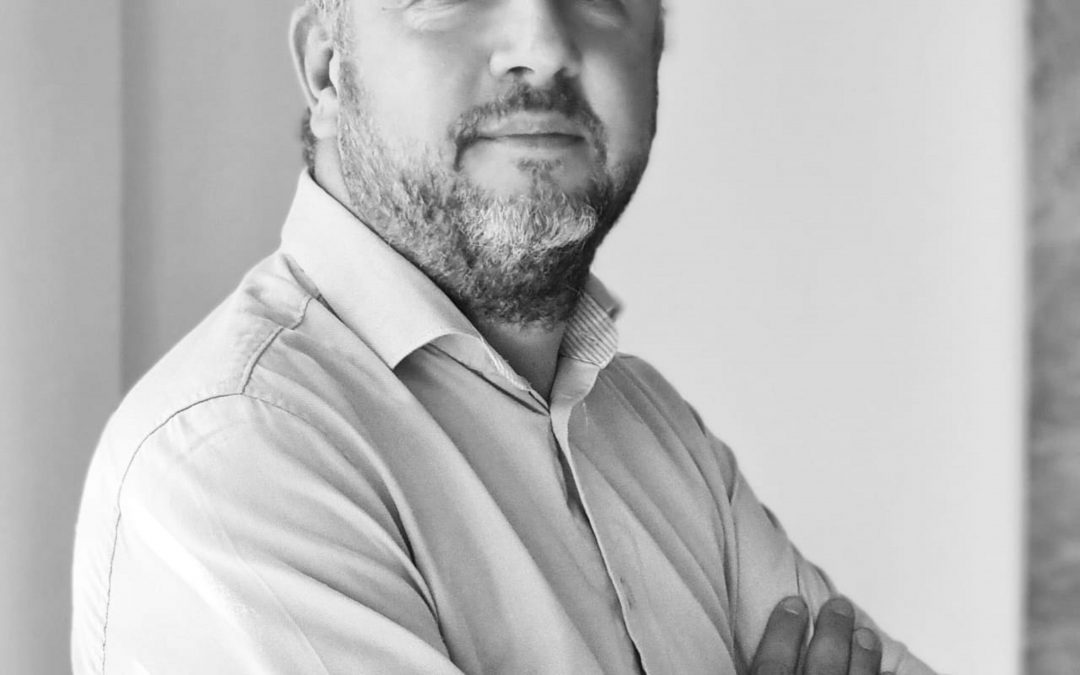One of the most significant business trends for 2022 are sustainable, resilient operations according to world-renowned futurist and best-selling author Bernard Marr. Forward-thinking businesses, he says, are looking beyond their supply chain to improve sustainability across all areas of their business operations.
An underlying theme of COP26, held recently in Glasgow in the UK, was sustainability. The conference focused on pledges and commitments from nations and businesses around the globe to limit the planet’s rising temperatures. The hard part now follows and will require turning government and private sector commitments into concrete action plans with clearly defined milestones.
As economies around the world recover from the economic devastation caused by the Covid-19 pandemic there is a growing movement arguing that this is an opportunity for a profound and systemic shift to more sustainable economies which address the needs of both societies and the environment.
However, safeguarding the future health of our planet requires a collective effort from both governments, the private sector and individuals to ensure sustainable solutions.
One company that has long taken sustainability and the establishment of a circular economy seriously is French mobile manufacturer, Crosscall. The company, which was launched by French entrepreneur Cyril Vidal in 2009, has centred its ‘raison d’être’ firmly around sustainability.
Crosscall’s products are designed to appeal to professionals working in tough and demanding environments. Its products have developed a well-deserved reputation for durability as a result of their sustainable design and have become popular in a number of industries including safety and security, the public sector, mining, agriculture and manufacturing.
The company has, to all intents and purposes, staked its reputation on this durability and in 2020 introduced a three-year warranty on all its latest products with Crosscall being the only mobile phone manufacturer to propose such a long warranty in South Africa. Its products were ranked number one in the smartphone category of France’s Repairability Index in 2021 with a score of 8.8.
France is the first European country to implement a legally binding repairability index which provides manufacturers with set criteria across five different types of electronica and home appliances. The country’s new anti-waste law – described as a law against waste and for the circular economy – requires producers of electronic devices such as smartphones, TVs and laptops to disclose how ‘repairable’ their products are on a scale of one to 10. The Repairabilty Index is the result of this disclosure. It aims to counteract planned obsolescence and instead encourage consumers to repair existing products rather than replace them and encourage the creation of a circular economy.
“Like all electronic devices, mobile devices and smartphones take an environmental toll,” explains Julien Fouriot, Director for Africa at Crosscall. “To mitigate this, Crosscall has focused on ensuring that consumers can use their products for longer and that they are repairable. To this end we have released our repairabilty scores.”
Most new smartphones are not repairable or particularly durable with battery life typically diminishing significantly within two years. Even in developed countries, smartphone recycling is not particularly efficient primarily because the components on each device are so small and closely integrated. Until waste management companies have developed ways to more efficiently recycle smartphones it therefore makes sense to extend their lifespan for as long as possible.
This is exactly what Crosscall have managed to achieve. As Fouriot points out, “The ability to repair Crosscall phones and devices means that customers are still able to benefit from all the latest smartphone technologies while still being able to be more environmentally friendly compared to discarding their old phones every two years.” The 10-year spare part availability is the perfect testament to this commitment from Crosscall.
At the same time the company has removed plastics from its packaging and is instead using environmentally friendly, recycled materials for packaging, and has introduced sustainable supply chain practices.
As climate change activists are well aware, the time for talking is over. What is now urgently required are sustainable solutions. As Marr puts it, “our world is changing fast. And organisations must learn to adapt accordingly.” He adds that any business that ignores sustainability is unlikely to do well in this age of conscious consumption.



